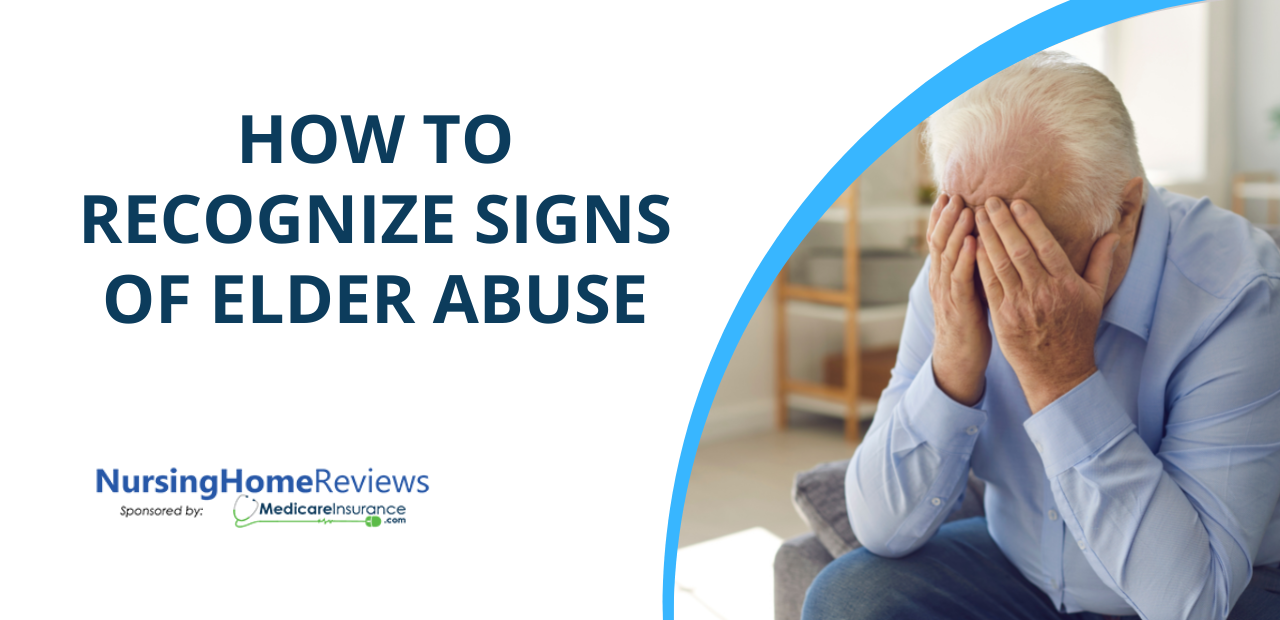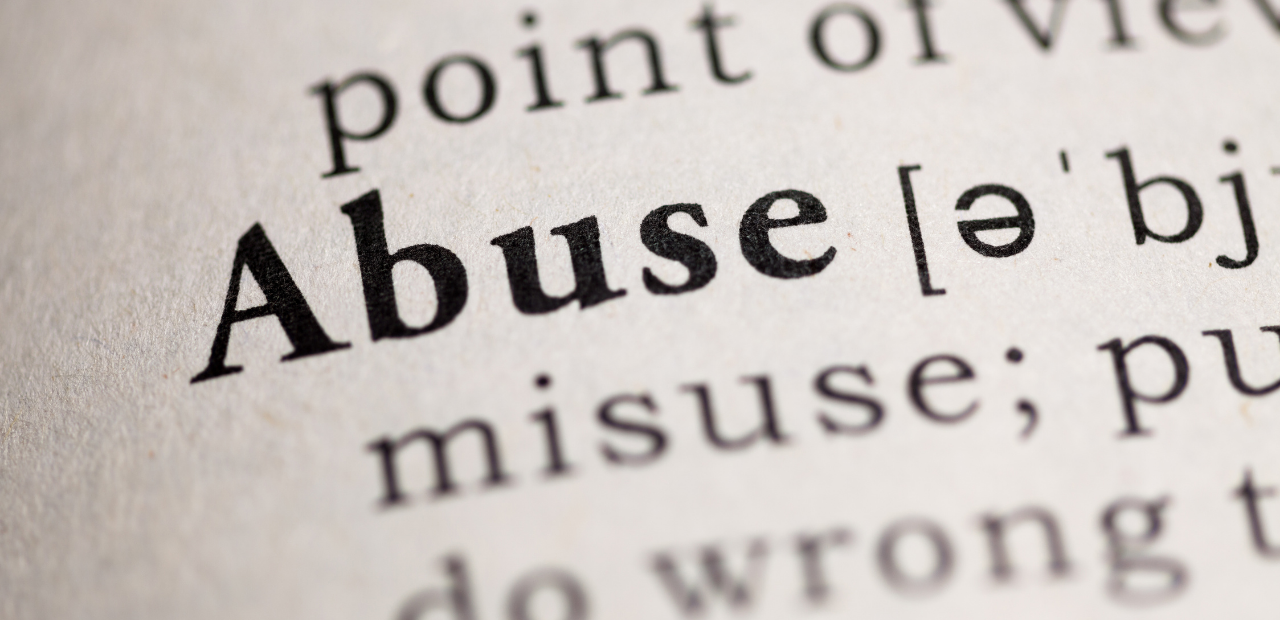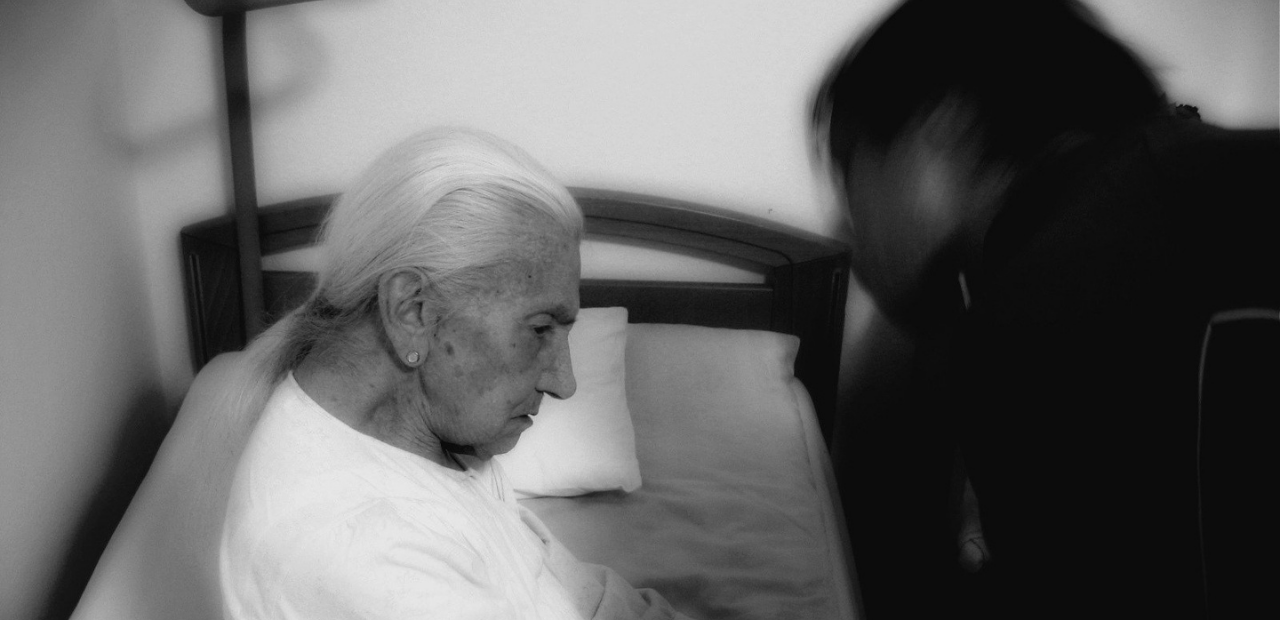
Being Faced with the Unthinkable
“What are common signs of elder abuse?” This is a question you never want to have to ask yourself, or enter into a website’s search bar.
When you entrust the care of a loved one to a long-term nursing care facility, you expect a high standard of care to be met. Just because your loved one is giving up some of their independence does not mean that they are surrendering their dignity or well-being. As such, you expect them to be treated with the care and respect that they deserve.
Unfortunately, some of those who work closely with your loved ones may not always have the best of intentions with the population that they work with. Those ill intentions can often lead to elder abuse. What’s worse is that it may fly under the radar because so many elders are afraid, for various reasons, to report someone who is causing harm to them.
Because it is so easy for elder abuse to go undetected, it’s important to recognize the signs and symptoms of elder abuse. Today, we’re going to look at some of the most common warning signs of elder abuse.
A Quick Primer on Elder Abuse
Elder abuse is defined as:
“An intentional act or failure to act by a caregiver or another person in a relationship involving an expectation of trust that causes or creates a risk of harm to an older adult.”
Those acts, or failures to act, take on many different faces. The six most common faces of elder abuse include:
- Physical abuse
- Emotional abuse
- Neglect
- Abandonment
- Sexual abuse
- Financial abuse
Because of the varied natures of each act, the signs and symptoms of elder abuse may be clear as daylight, or they may be virtually undetectable. Sometimes, all you may have to go on is the word of your loved one, and that alone is usually enough. After all, where there’s smoke, there’s usually fire, and you may end up discovering more concrete evidence in time.
Your loved ones deserve a home where they'll be loved and cared for.
Start your search here.
Physical Abuse
Physical abuse manifests possibly the clearest warning signs of elder abuse. In many cases, the signs are easily seen. Even if the perpetrator attempts to hide signs of physical abuse from you or other family members, it can be easy to spot in other ways.
When you’re looking for signs of physical abuse in seniors, keep an eye out for the following:
- Unexplained bruises, burns, cuts, or bleeding.
- Fresh sprains or broken bones.
- Injuries that occur over and over again.
- Ligature marks from being restrained to their bed.
- Fear of being left in a room alone.
- Refusing to see a doctor regarding their wounds.
Your loved ones will not always tell you about potential physical abuse due to fear of retribution from the perpetrator. If you see something, say something.

Emotional Abuse
Elder abuse isn’t always physical. Emotional abuse leaves no physical marks or scars, but it can have a profound effect on the mental health of seniors.
Many perpetrators of emotional abuse feel as if it’s easy to get away with because it leaves no marks, and they know that the seniors in their care will rarely speak up. If you look closely, the signs of elder abuse in this form become much easier to spot. Here are a few signs that your loved one has become the victim of emotional abuse:
- Hesitating to speak freely, especially in the presence of their abuser.
- Isolating themselves, or becoming increasingly withdrawn.
- There are unexplained changes in behavior, i.e. a typically carefree person suddenly seems timid and frightened.
- Sudden onset of depression or confusion.
- Your loved one speaks of trouble sleeping.
Signs of emotional abuse are not always easy to pin down, and can vary from person to person. Your loved ones may even attempt to hide signs that they are being emotionally abused. Just remember that they always end up letting you know in one way or another.
Neglect
Like physical abuse, the signs of neglect are relatively easy to spot. Neglect can come about as a result of many different issues, including:
- Giving the incorrect dosage of medicine to a resident.
- Failing to regularly move residents who have mobility issues.
- Failing to report signs of infection or disease in residents.
- Failing to keep up with proper nutrition for a resident.
- Failure to help residents keep up with proper hygiene and sanitation.
- Injuring a resident.
- Intentionally or accidentally isolating residents who are vulnerable.
- Intentionally causing emotional distress to a resident.
Unlike some of the signs and symptoms of elder abuse, the signs of neglect are often fairly visible. If you notice any of the following in your loved one:
- Bedsores or other pressure injuries
- Bruises, burns, or broken bones
- Any type of unexplained injury
- Signs of dehydration or malnutrition
- Issues with personal hygiene
- Clothing is missing, ill-fitting, or unclean
- Major changes in personality
Take a moment to sit with your loved one alone to discuss the situation. You may mention that you feel as if something is wrong, and that you want to help. If they dodge your questions regarding how attentive staff members are, or how an injury occurred, they may refuse to answer if they are being abused or neglected. In any instance, you should always escalate the issue and make a report if you feel that your loved one is experiencing abuse and/or neglect.

Abandonment
In some ways, abandonment and neglect share the same characteristics. Abandonment is typically used in terms of home care, when family members and/or home care providers neglect to check in on a loved one without planning for their care, leaving them to fend for themselves.
In a long-term facility environment, abandonment refers to staff members leaving vulnerable residents alone to fend for themselves for any reason. Unlike neglect, abandonment often features little to no ill intent behind the act, but it’s still just as harmful. Even if accidental, abandonment can, and should, warrant serious consequences to the perpetrator, as well as the facility which employs them.
Many of the signs of abandonment are similar to those of neglect. If you notice any of the following:
- Bedsores or other pressure injuries
- Injuries that arise with no explanation
- Signs of dehydration or malnutrition
- A decline in personal hygiene
Your loved one may unfortunately have fallen victim to abandonment. If you suspect that your loved one is being abandoned by caretakers in a facility, it’s important to act right away to prevent further issues for your loved ones and others.

Sexual Abuse
Sexual abuse is quickly becoming a frightening epidemic among all age groups. Seniors who suffer from cognitive issues, such as Alzheimer’s or Dementia, or physical issues are particularly vulnerable. This form of abuse is the most despicable, and despite the physical signs, can be deceptively easy for an abuser to hide.
As in any abusive situation, sexual abuse is a way for the abuser to wield or reinforce their power over a vulnerable victim. Ill-intentioned caretakers may use it in very much the same way that they use physical or emotional abuse, to gain compliance in some way.
Like any warning signs of elder abuse, the signs of sexual abuse can be physical, mental, and emotional. Here are signs to look for if you believe that a loved one is being sexually abused by a caretaker:
- You notice torn or bloody clothing, especially underwear.
- You notice bruises and/or other markings in areas such as the breasts, genitals, or buttocks.
- Your loved one feels pain or irritation in the genitals, or has been bleeding in those areas.
- Your loved one has developed an unexplained sexually transmitted disease (STD).
- You notice that the relationship between your caregiver and loved one seems incredibly inappropriate.
If you notice any of these signs or symptoms, report your findings immediately.
Financial Abuse
Unlike the general tell-tale signs and symptoms of elder abuse, signs of financial abuse can be much harder to pin down. In many instances, perpetrators often target seniors with cognitive issues who may not be able to keep up with their finances. Only when the victims are completely penniless may you be aware that something is actually wrong.
However, if you help your loved one keep track of their finances, the signs of financial abuse are fairly easy to spot. You may notice any of the following signs if a loved one is experiencing financial abuse at the hands of a caretaker:
- Certain valuables may be missing
- Unusual activity may appear on your loved one’s credit or debit cards
- Unexplained withdrawals from your loved one’s bank account
- Abrupt changes in legal documents and suspicious signatures
- Medical bills seem to be going unpaid
- Your loved one seems to have less and less cash on hand whenever you see them

Don’t Let Your Loved One Become a Statistic
In any given year, the Department of Justice estimates that 1 in 10 individuals over the age of 65 will experience some form of abuse or neglect. Elder abuse can have serious consequences on the health and well-being of your loved ones. If your loved one is in a nursing facility, you should certainly be able to depend on the staff to keep them safe and secure. In any case, their safety and security remains your responsibility as well.
By being able to recognize the warning signs of elder abuse and neglect, you’ll be able to recognize the subtle changes in behavior and demeanor that can occur in your loved ones as a result. The first step toward keeping your loved ones safe is comparing long-term care facilities for poor ratings and violations. At Nursing Home Reviews, we are privileged to help you do just that.
Help your loved ones find a home that is safe and secure.
Check ratings and violations.





